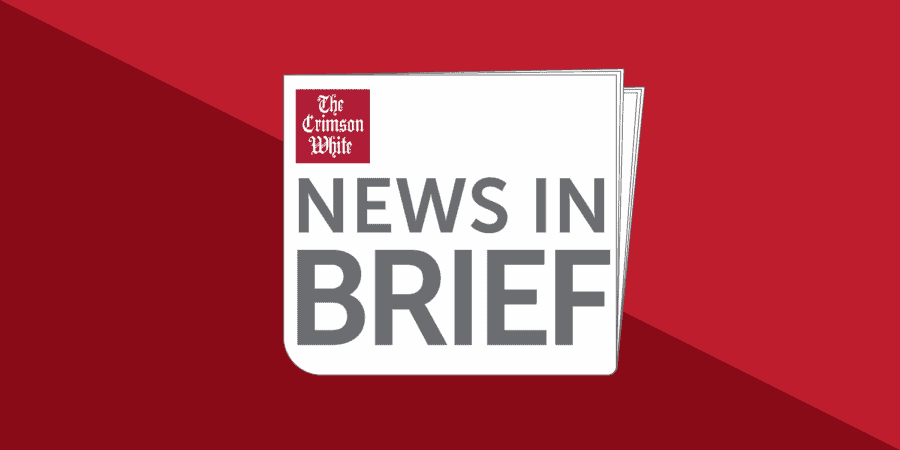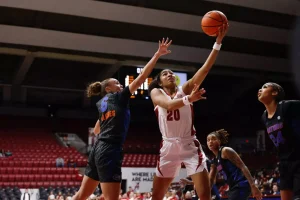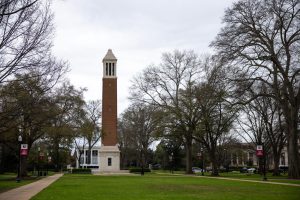City to allow residents to pay overtime parking tickets with school supplies
August 2, 2019
On Tuesday, July 30, Tuscaloosa City Council voted to allow people to pay off some parking violations by donating school supplies to local students in August, according to a press release.
School supply lists, like tickets, can add up in cost for students and families. This program allows people with Tuscaloosa City overtime parking tickets to donate $10 worth of backpacks, paper and writing utensils to local students in need instead of paying the full $15 fine amount during the month of August.
The City has assigned values to the following acceptable items:
| Heavy-Duty Backpacks | $10 and up |
| Ream White Copy Paper | $4 and up |
| Index Cards | $0.50 and up |
| Black and Blue Ink Pens | $1 and up |
| 16 GB Flash Drive | $4 and up |
| Scientific Calculators | $9 and up |
| Erasers – 3 packs | $1.50 and up |
| Standard/College Ruled Paper | $1 and up |
| College-Ruled Spiral Notebooks | $0.60 and up |
| Mechanical or #2 pencils | $1 and up |
| Binder Pouches | $6 and up |
| Clorox/Lysol Wipes 3 packs | $6.50 and up |
| Highlighters 3ct. | $2.10 and up |
| Highlighters 10ct. | $6 and up |
| Hand Sanitizers | $2 and up |
| Box(es) of Kleenex Tissues | $1.60 and up |
| Binder Dividers | $1.50 and up |
| Box of Crayons | $3 and up |
| Kids Scissors | $1.50 and up |
Receipts can also be shown to establish purchase value. Starting Aug. 1, donations can be taken to Municipal Court at 2122 6th St., and the Tuscaloosa City Board of Education will distribute them from there.
Las Vegas, Nevada, has been offering a similar way to pay for parking tickets through a nonprofit called Teacher Exchange. They accept school supply donations for the 7,910-square-mile school district that includes Las Vegas.
Teacher Exchange vice president Tim McCubbin said he hopes the idea will spread to more cities across the country. Greensboro, North Carolina and Anchorage, Alaska are also trying out similar approaches this month.
Aside from just giving children school supplies, McCubbin said the initiative has brought “a lot of attention to what teachers have to deal with everyday as far as paying money out of their own pocket.”










